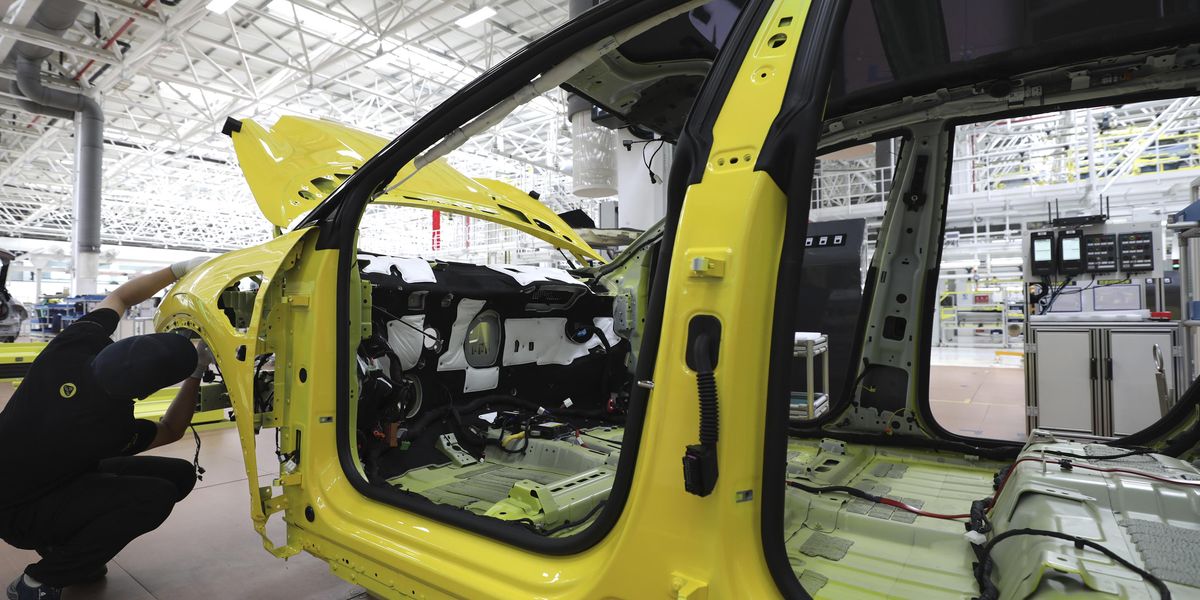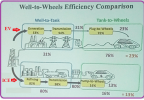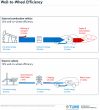Research and development in the battery sector is developing rapidly. Predictions are therefore extremely difficult. A good example of this is LFP. Advances in battery pack design "cell-to-pack" have enabled LFP batteries to be used in EC - despite the lower energy density of LFP compared to NMC.
LFP which are cobalt-free, together with NMC(811) batteries which contain only 9% cobalt minimize the "cobalt problem".
Next year, the first EC with sodium-ion batteries may be produced. Sodium-ion batteries will completely replace lithium-based batteries for home energy storage and will also account for a significant share in EC. In the longer term, this should provide some relief in the lithium commodity market.
This still leaves the "nickel problem". In general, intensive research is being carried out to replace rare or difficult-to-extract elements with other elements.
Diversification in battery technology should also ease the situation somewhat with regard to nickel.
But without a transition to a circular economy, innovation and technology will not save us.
Lack of foreign currency as a result of the pandemic, collapse of tourism, collapse of remittances of those working abroad, energy production relies on imported heavy oil and coal whose prices have risen sharply, extreme drought leads to production collapse of hydroelectric power plants,... So it's a bit more complicated.
It is not out of question that certain tipping points are already triggered at 1.5°C. Therefore, 2°C warming is already a very big risk.
What many do not realize is that at an average 2°C global warming, land masses warm up much more than water masses.
In North America, there will be areas that will warm by 4-4.5°C and a large part of the USA will warm by 2.5-3°C.
At 4°C global warming, a large portion of the earth is likely to become uninhabitable for humans.
View attachment 240706
Source: IPCC - Climate Change 2021
There are studies that assume that the electricity for EC is generated by, for example, coal and gas-fired power plants (in which case a large part of the energy used is already lost) and then calculate the well-to-wheel efficiency of EC versus ICV.
Then you get a graph like this one:
View attachment 240714
This may still be true for some countries today, but it is about setting the course for the future.
Of course, one has to assume that electricity is generated from 100% renewable sources and use this as a source for EC to calculate the efficiency.
View attachment 240711
Locomotion by ICV is about the most inefficient method, even cars with fuel cells are more efficient.






